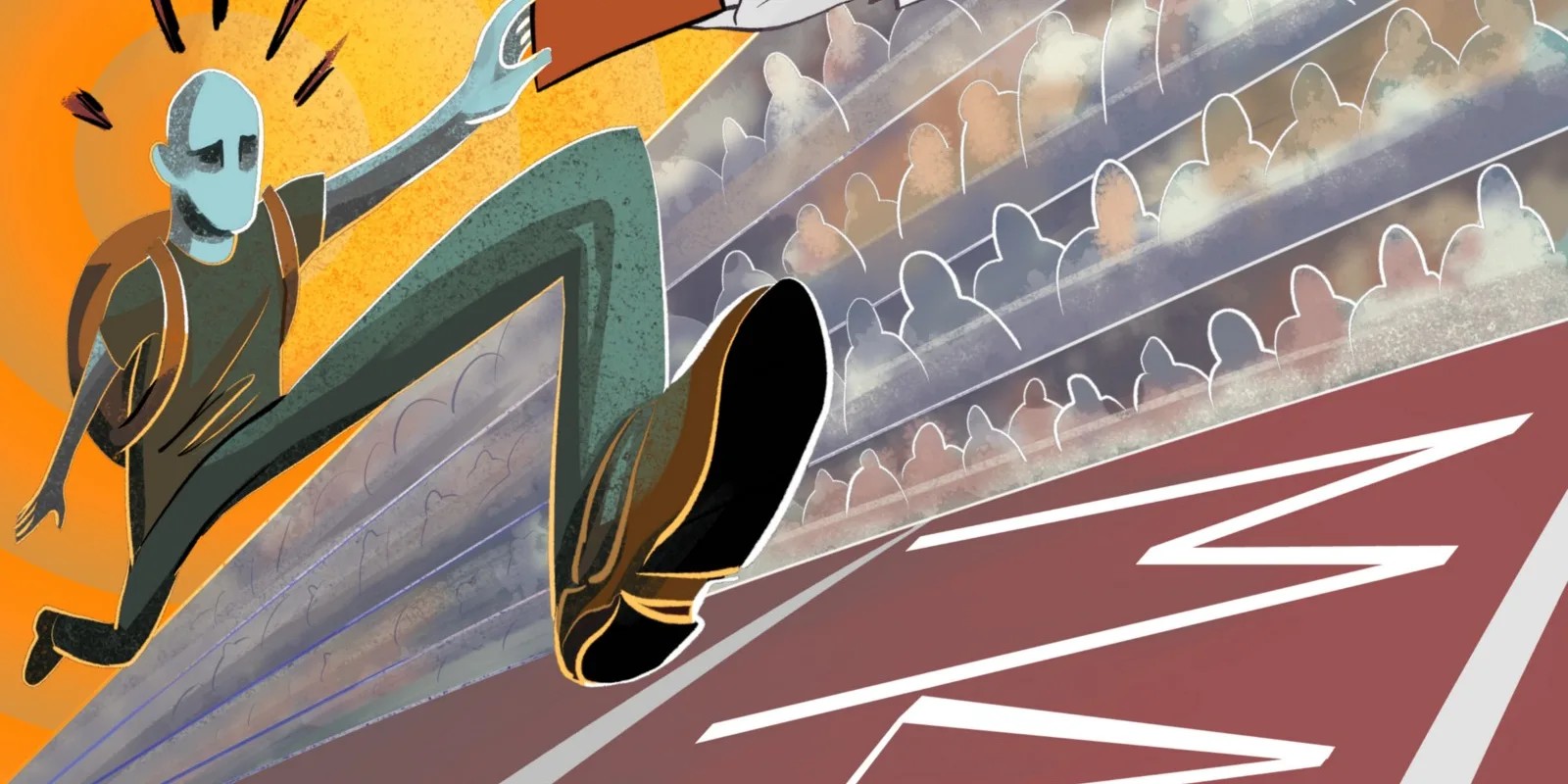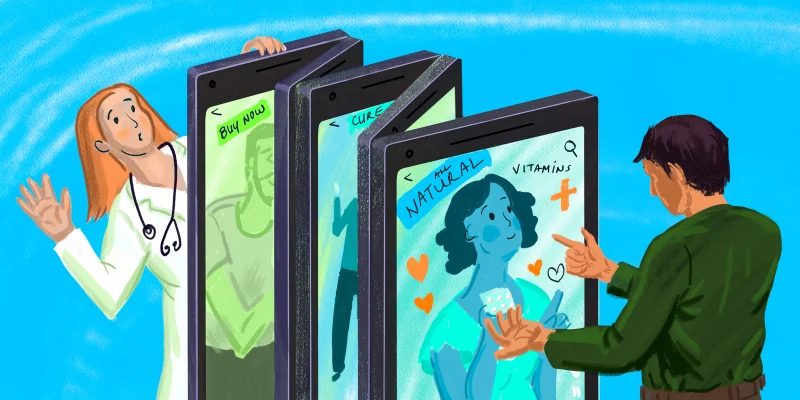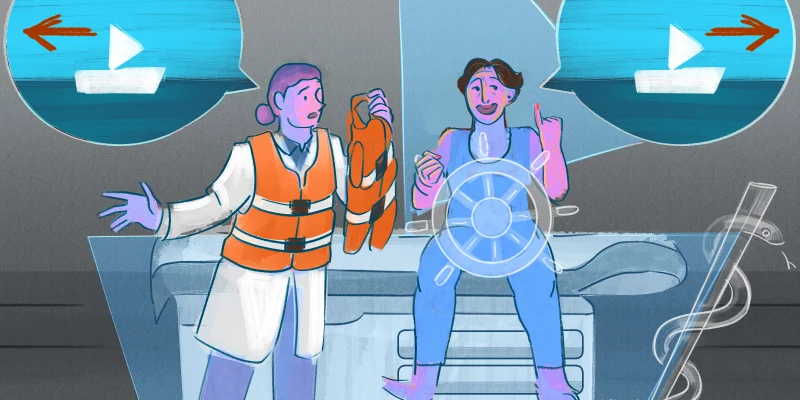Op-Med ran the “Match Day” contest in March 2018. We are excited to announce this as the winning piece.

Medical school is a life changing experience. Not the kind of life changing experience of watching your favorite team win the Super Bowl, more like the life changing experience of having a child. It forever changes the way you look at and experience a large part of the world. As a medical student, you’re challenged mentally, physically and emotionally on almost a daily basis, and all of that with the high stakes of a four-year journey toward a successful match.
In the midst of all these challenges, how do you prepare for a successful match? There is no simple answer to this question. The common words of wisdom have been passed down year after year include: crush Step 1, get involved in research early, attend interest groups, be involved in student leadership, make sure to have volunteer experience on your resume, get strong letters of recommendation. How is all of this attainable? As an M1, it seemed that only the most brilliant students would be capable of obtaining high scores while still checking off all the other boxes. As a graduating M4, I now see there are qualities other than intelligence that are more important in preparing for that fateful Friday in March. Here are some keys to success no matter what specialty you end up applying to.
Do your best
During the first two years of medical school, most medical students have little idea what specialty they want to go in to. Some as widely split as neurosurgery versus family medicine. Goal wise, this creates a challenge students haven’t faced before. When preparing for medical school, by and large, we knew where the bar was set. However, when you don’t know what specialty you want to go into, how do you go about setting a goal? Early in the M2 year, you’ll see students talk about their goal score for Step 1: “I’m hoping to get a 240 because that’s competitive for internal medicine” or “I’d be okay with a 250 applying to ENT”. Though it’s good to set specific goals when possible, the key to ensuring success on Step 1, and in every other part of medicine, is to do the best you can. Would it be that bad if you end up applying to family medicine with a 250 on your step 1? No, it would open many doors for you and potentially propel your career and allow you to shape it the way you want it.
Support each other
One of my classmates told me during my frustrations preparing for a biochem exam M1 year, “no doctor is an island”. Even if you are literally the only doctor on an island, you will always have the resources to ask colleagues for advice and look things up. Though we have to take exams on our own, in every other aspect of medical school you should support each other. From sharing what resources you like, explaining difficult topics, motivating each other, to studying silently next to each other in the library, you will enjoy it more and be more successful when you are going through the experience together.
Be honest with yourself
Medical school is an ultra-marathon of hard work, self-learning and endless information. The time you spend in the library and hospital is important for your learning, but just as important as the time is productivity. Be honest with yourself about how much work you are getting done in each day, and make adjustments as necessary. One person may need to spend 12 hours at the library to get done what another person can accomplish in 8 hours. That’s okay, but you need to be honest with yourself about how you study, how much you get distracted and how quickly you learn. I’m a slow learner relative to some of my classmates, so for me it meant extra hours in the library. Remember, your hard work pays off in the form of being a more competitive candidate when applying to residency, but more importantly, becoming a better doctor for your future patients.
Start a conversation
Medicine is a field where it’s easy to get caught up in completing tasks. In the short term, it’s more efficient to skip the small talk and get down to business, but you will be much better off getting to know your patients and the people around you on a personal level. Even a short 2-minute conversation goes a long way. When you open up the floor to conversation, you will be surprised what you learn about the people you work with and the patients you treat. Eventually these bits of information and relationships you build will prove more valuable than you could have initially realized. You will attain better clinical grades simply by establishing relationships with the staff that supports your attending. You will go to interviews and be more competent in keeping the conversation going and having something interesting to say. Most of all, you will be happier if you are a social being.
Manage your expectations
Okay okay, I admit this heading sounds a little pessimistic, but my point is that as someone participating in the Match, you are competing against some of the smartest and highest achieving individuals in the country. When it gets closer to match day, it’s time to step back and realize you’ve done all you can to control your fate, and now it is out of your hands. Waiting for the Monday “Did I Match?” email is terrifying, but once you’ve made it past that barrier, it’s time to keep things in perspective. Realize even if you match at the last place on your list, you will do your best to make the most of it.
As I approached Match Day, the anxiety and early morning awakenings were unavoidable. I did my best to keep busy during the days and socialize or work out in the evenings so as not to dwell on it too much. When it came to Match Day, the anticipation throughout the morning built and built as we greeted our classmates and families. Finally, one by one, we were called on stage to open our envelopes and read off our residency match. Opening my envelope, surrounded by people who have supported me on the journey to that moment was stressful, yet exciting and exhilarating. I hope you find these tips useful in your journey to that Match Day moment and may the odds fall in your favor.

Dr. Schoenfeldt graduated with honors from The University of Illinois College of Medicine in Rockford and will begin his residency in Orthopedic Surgery at Loyola University Medical Center in July.







